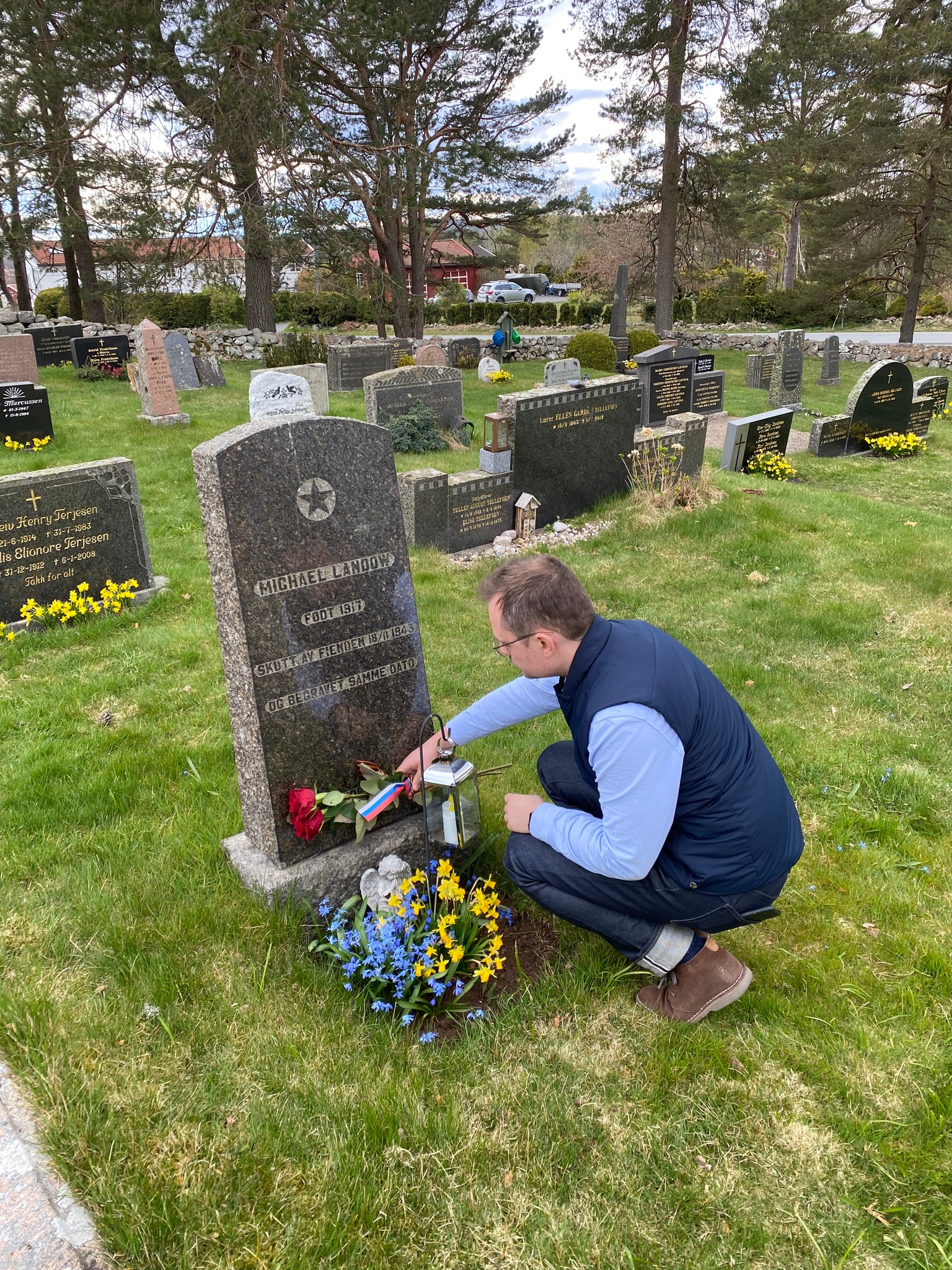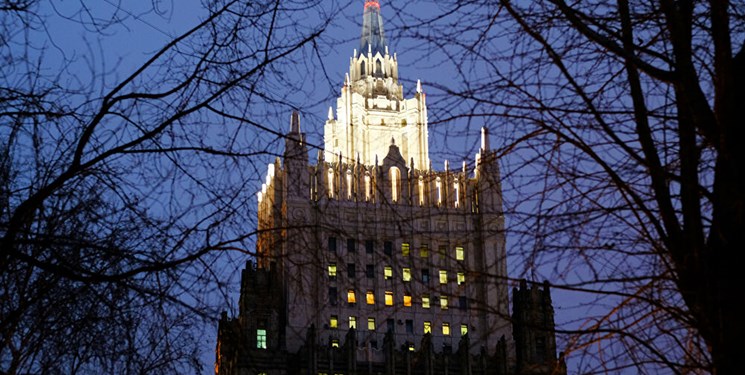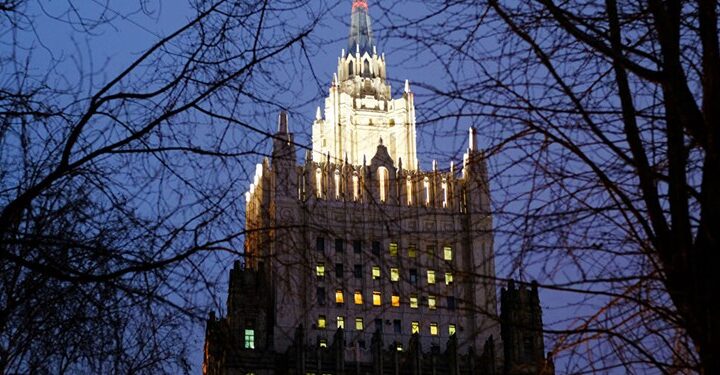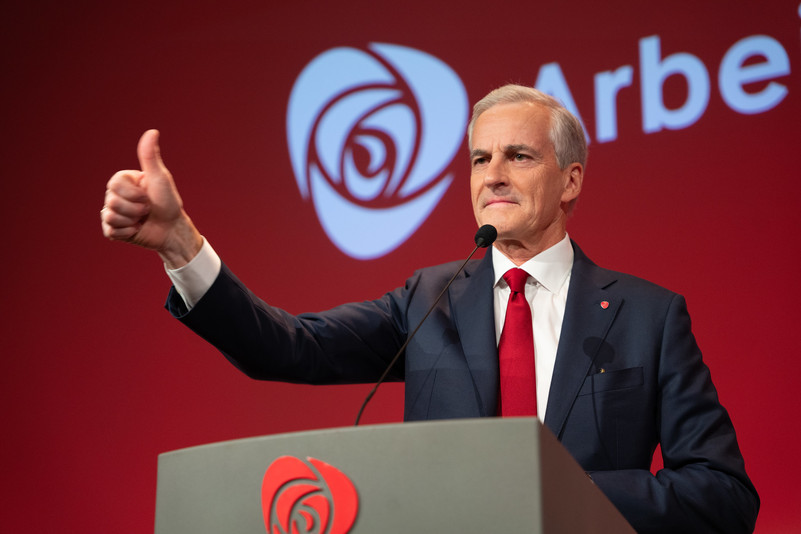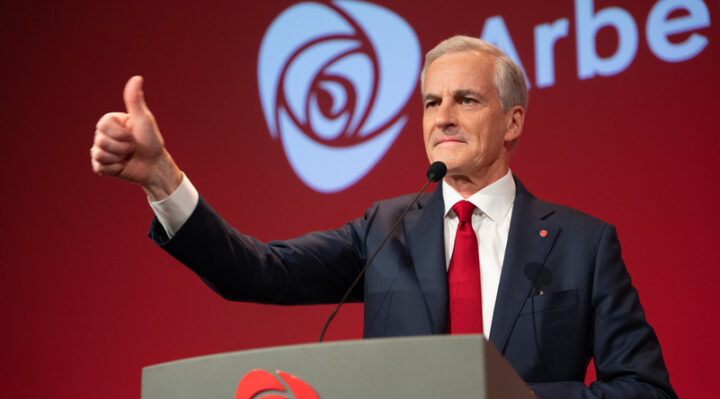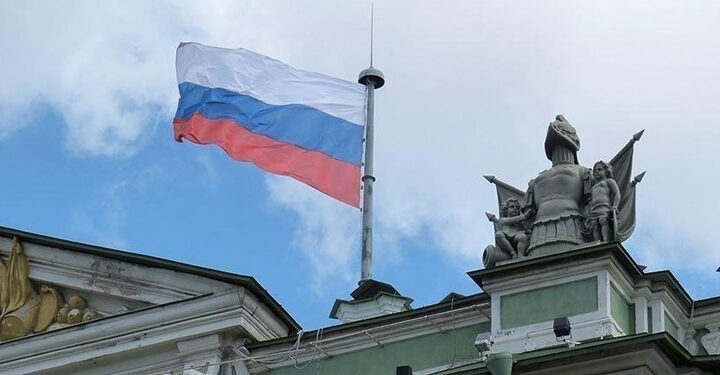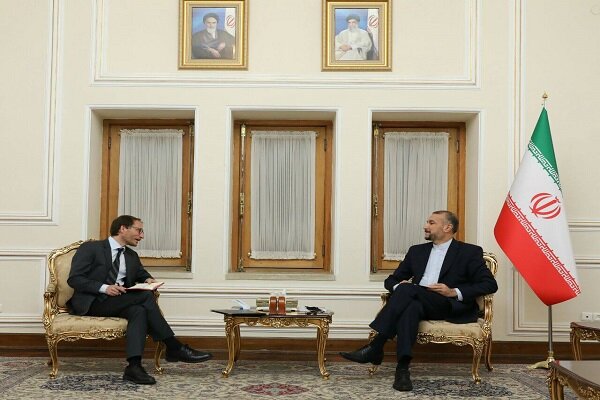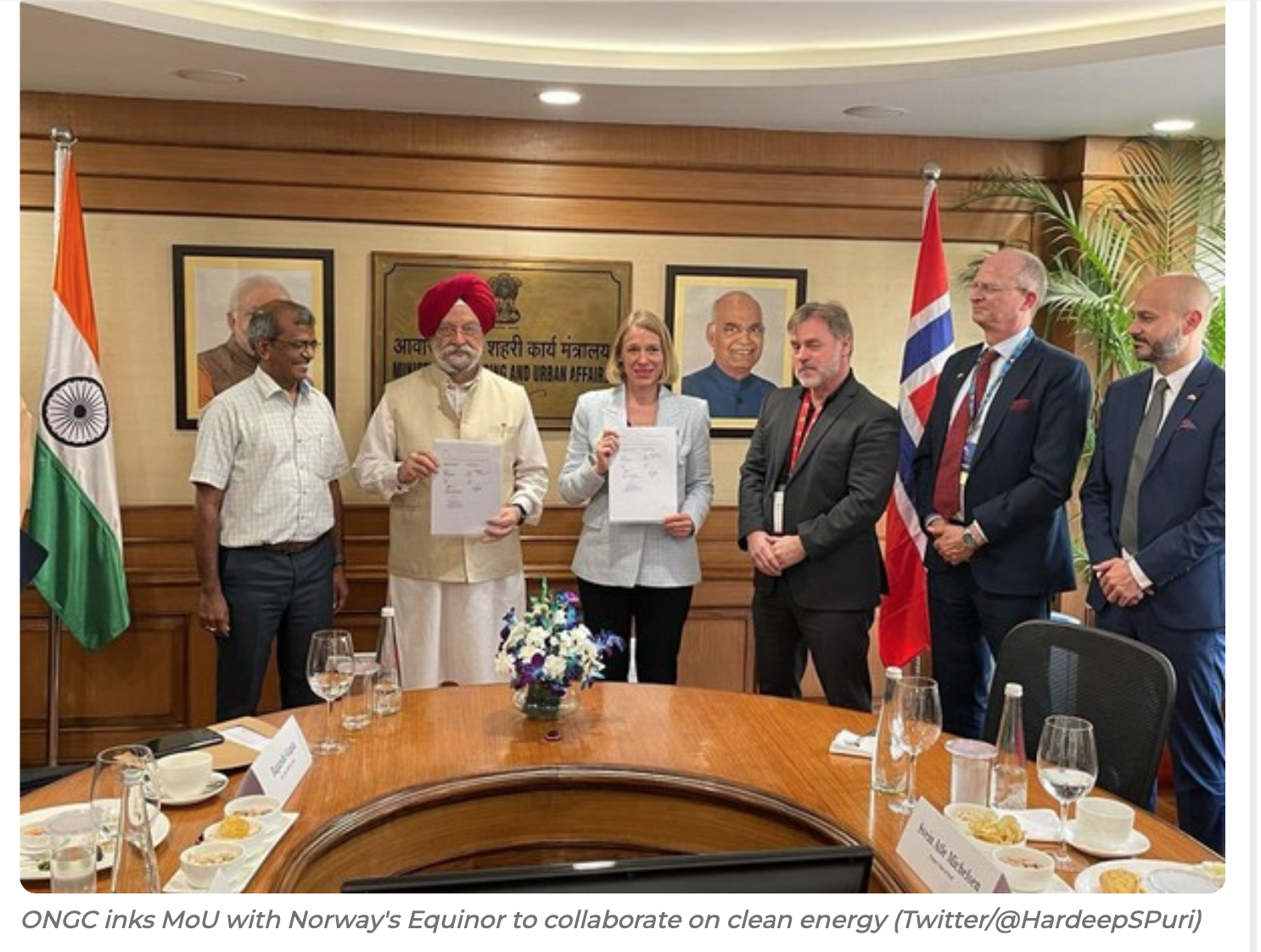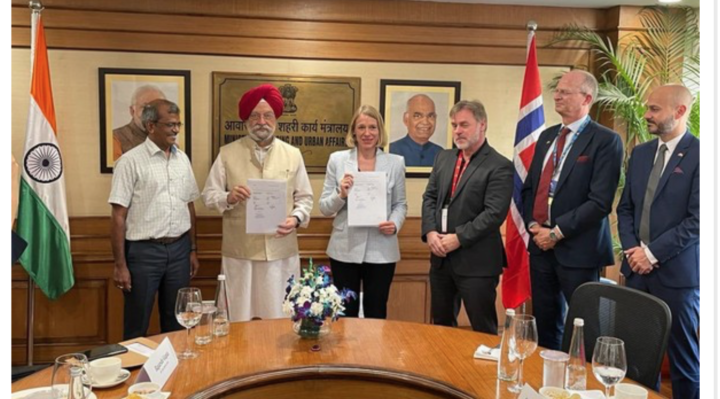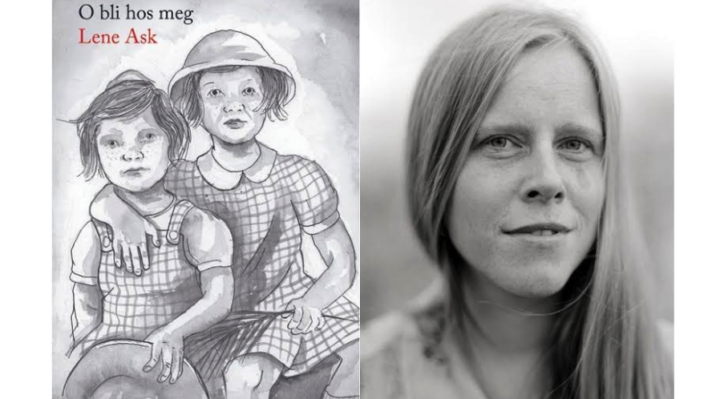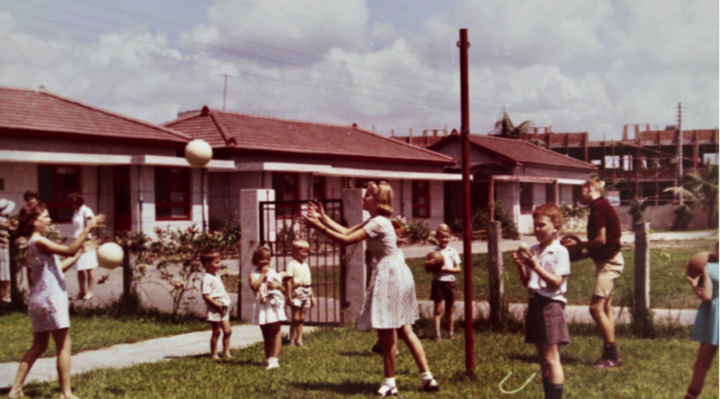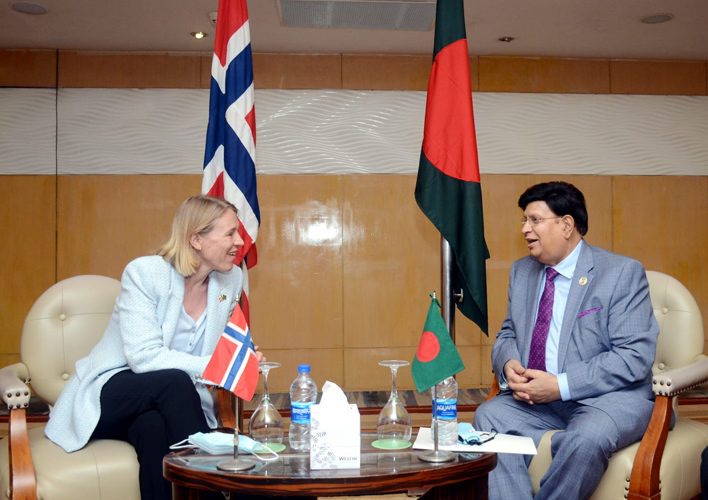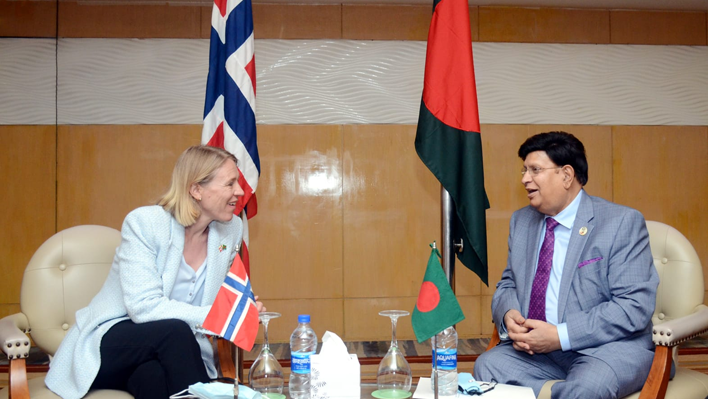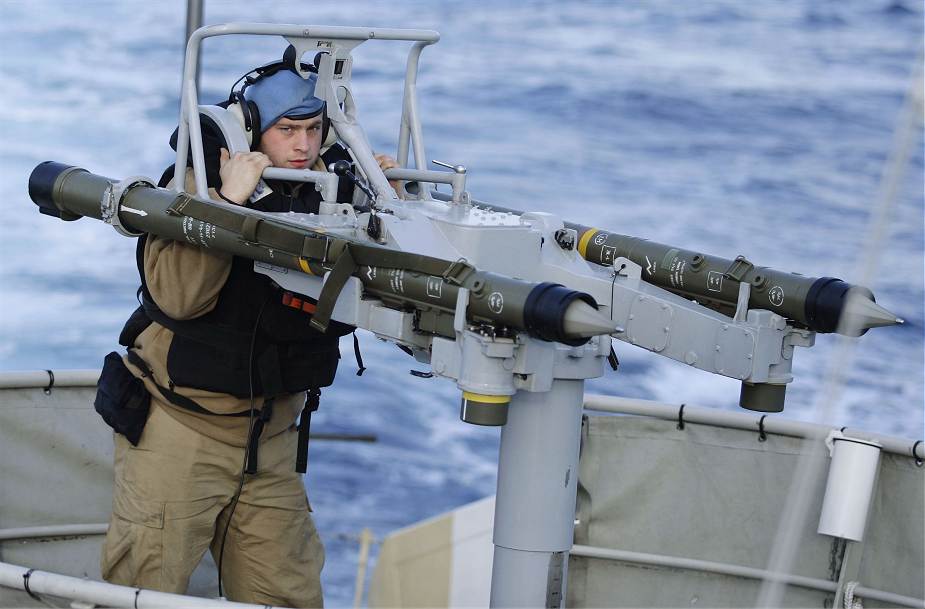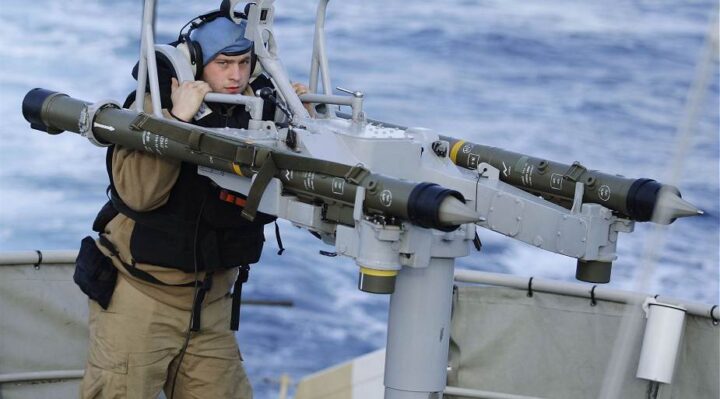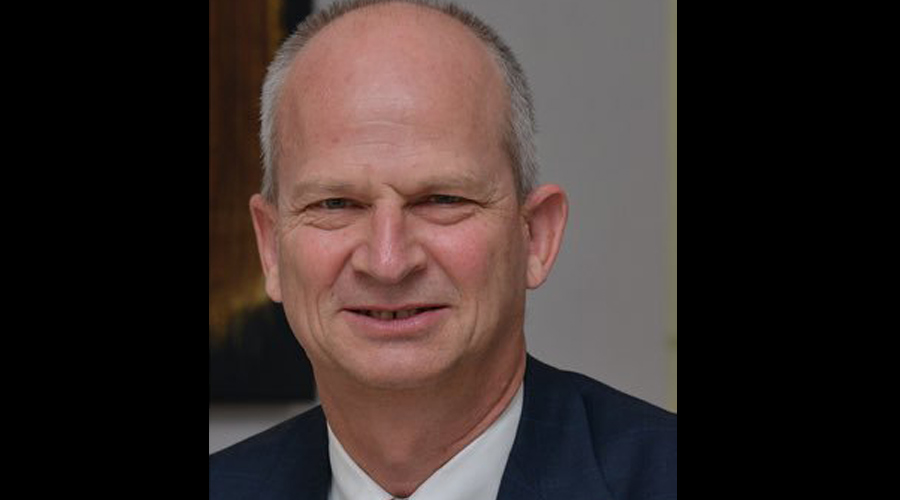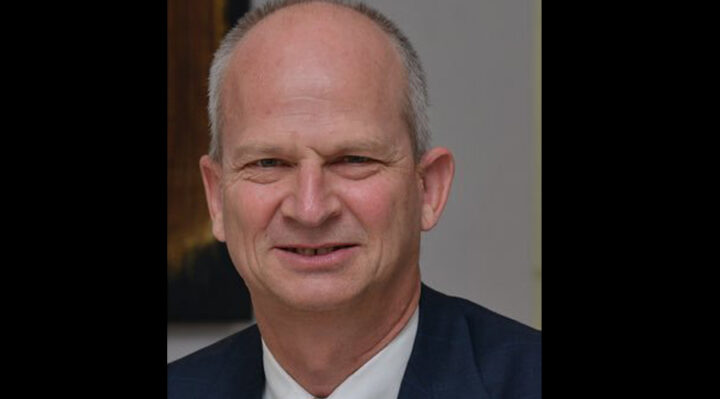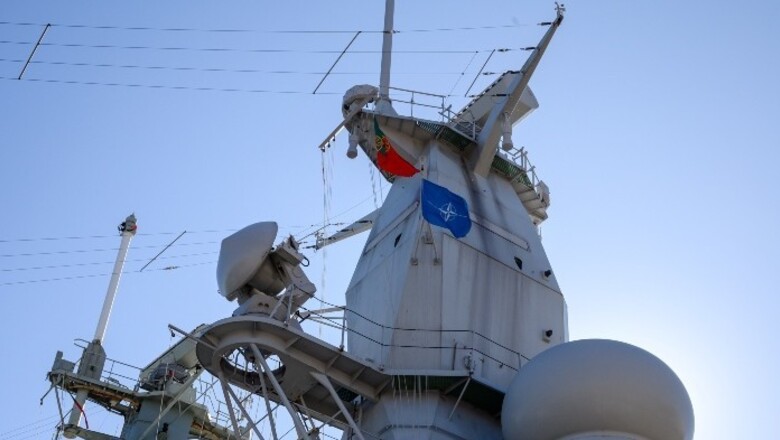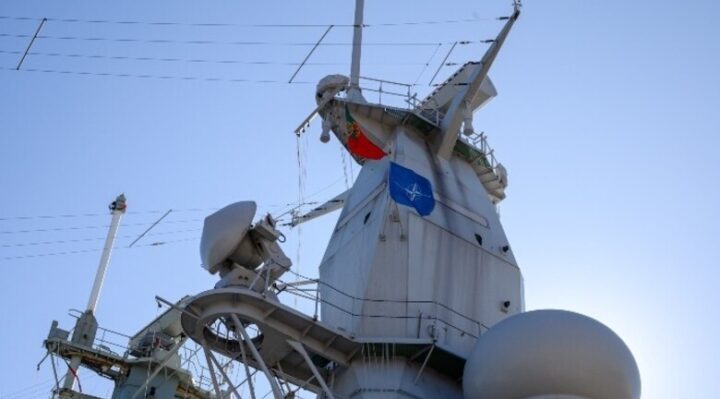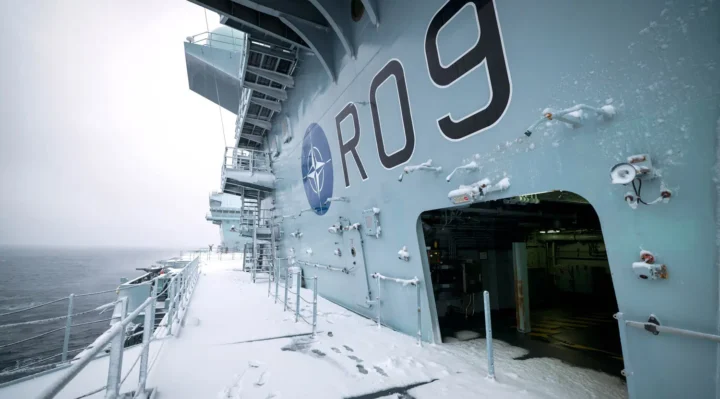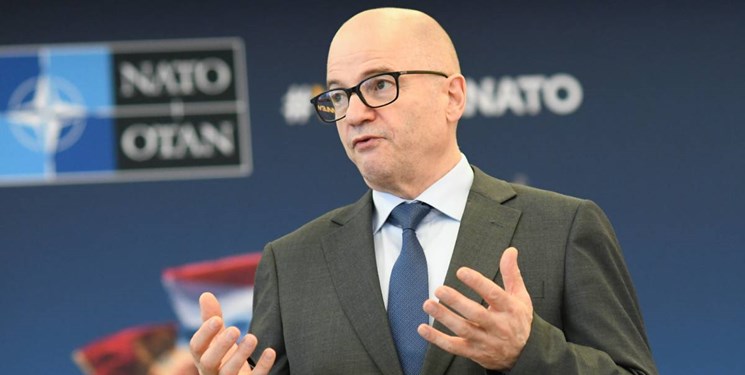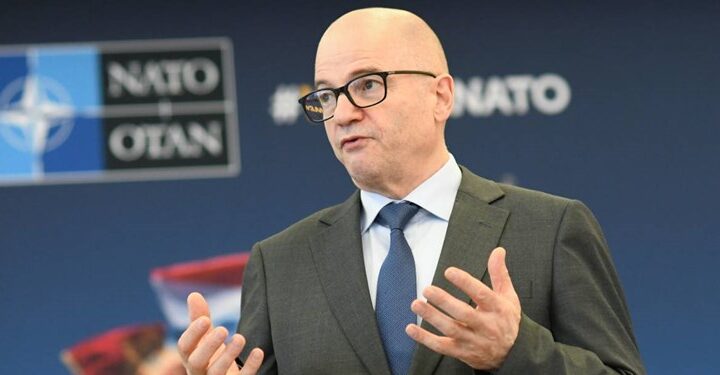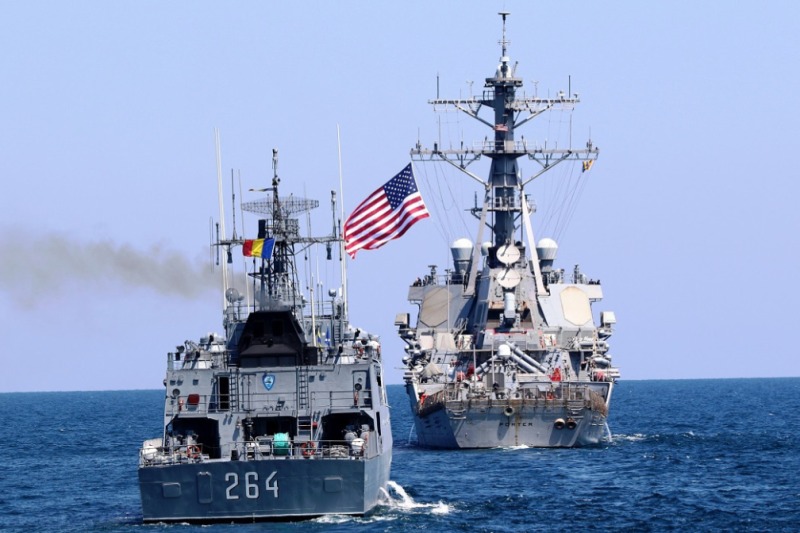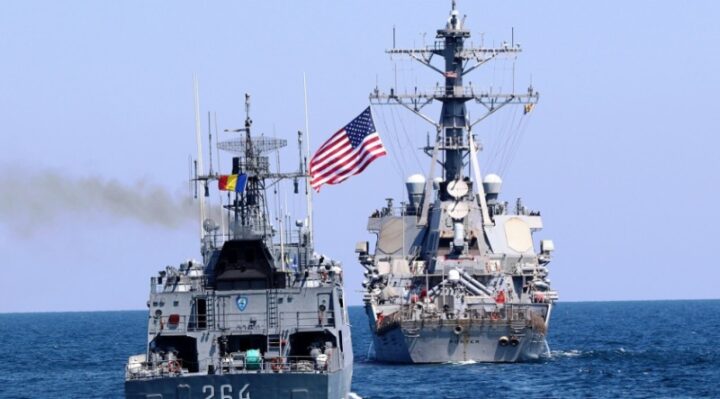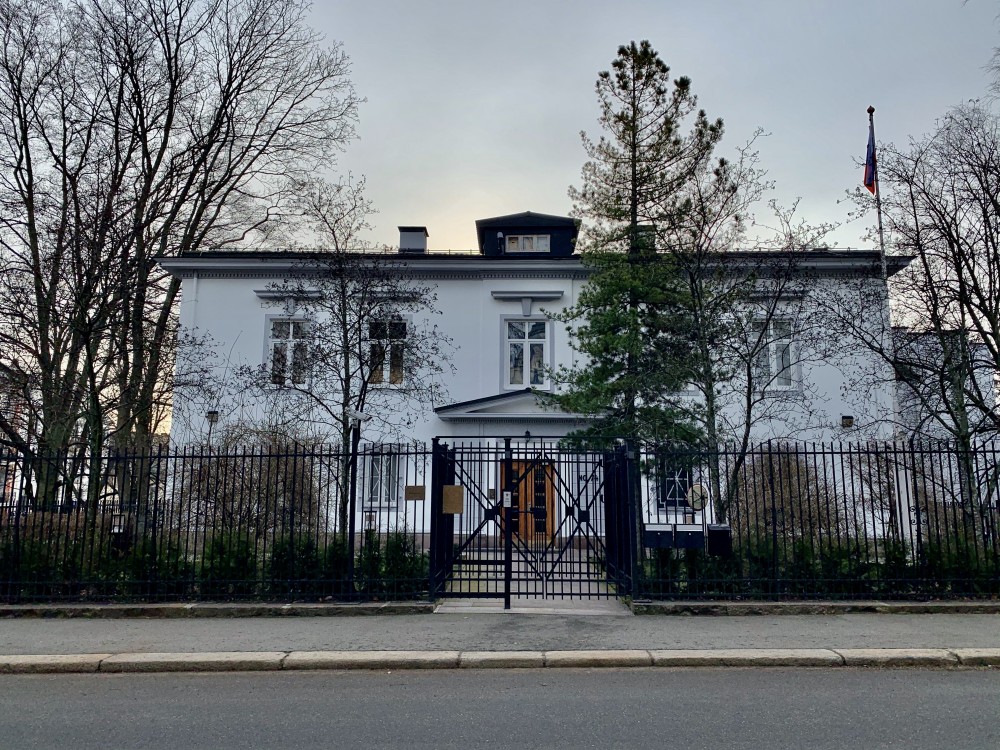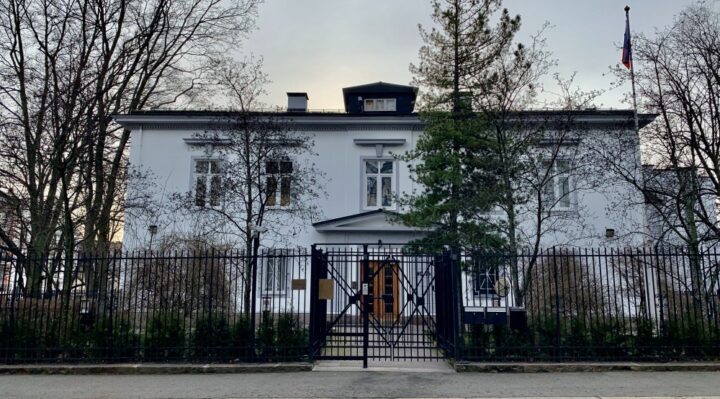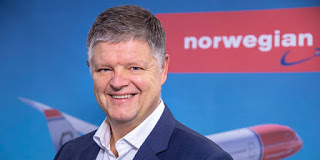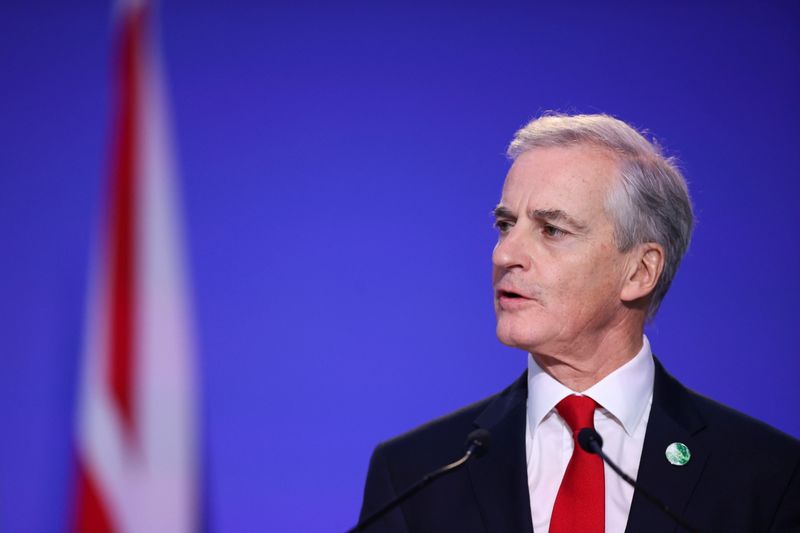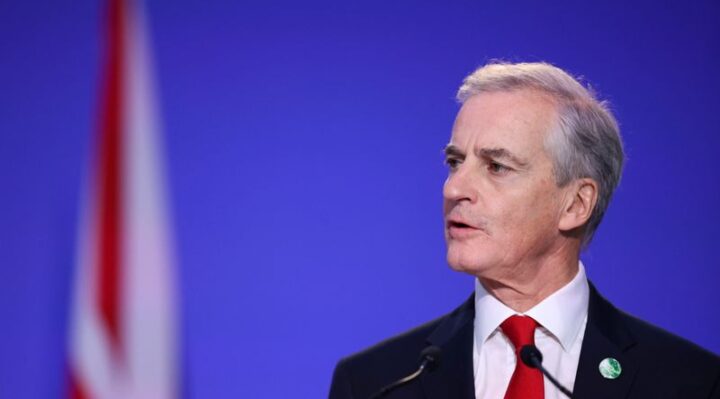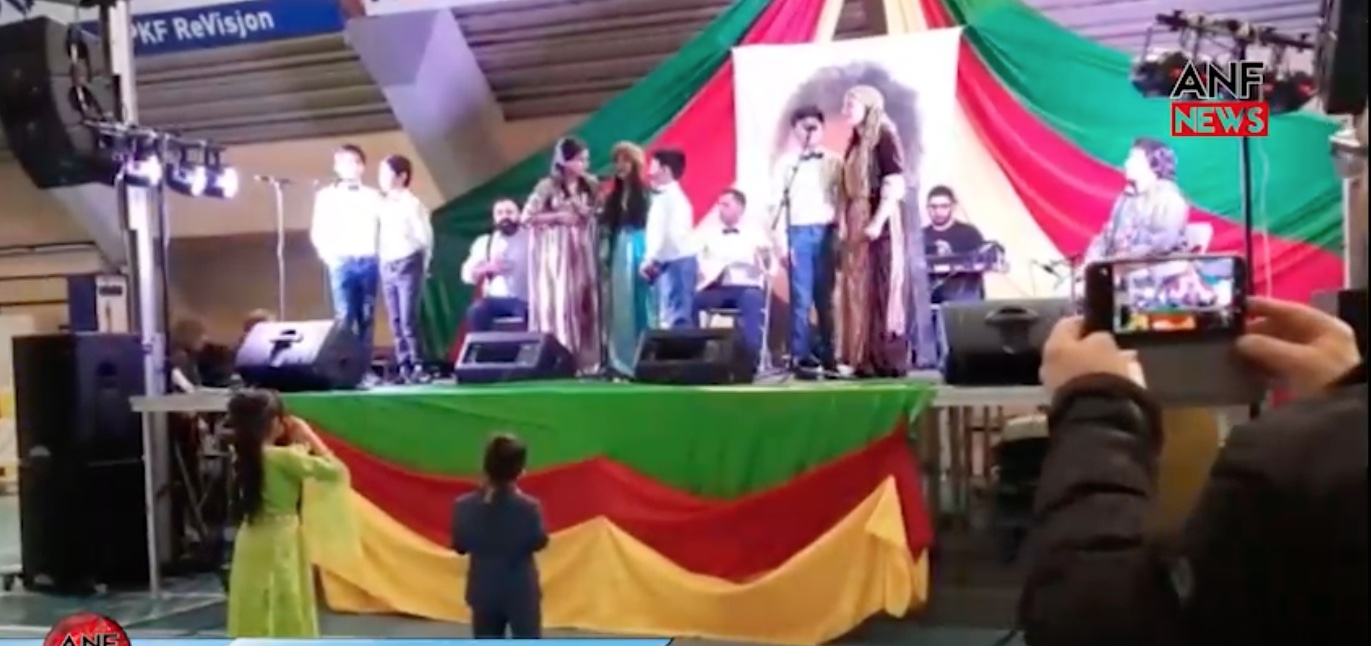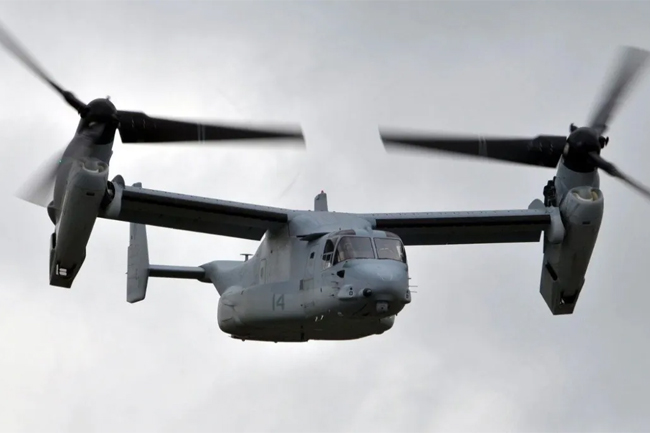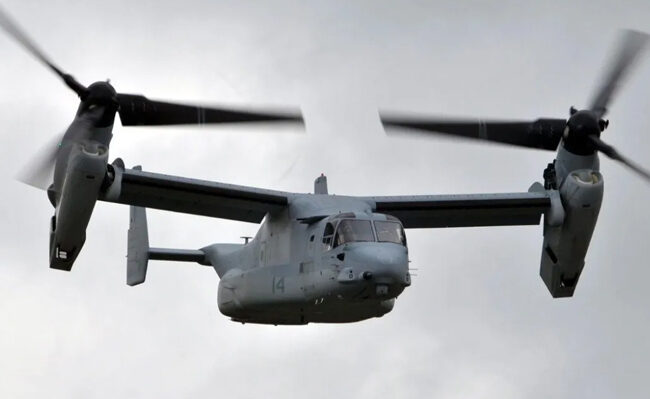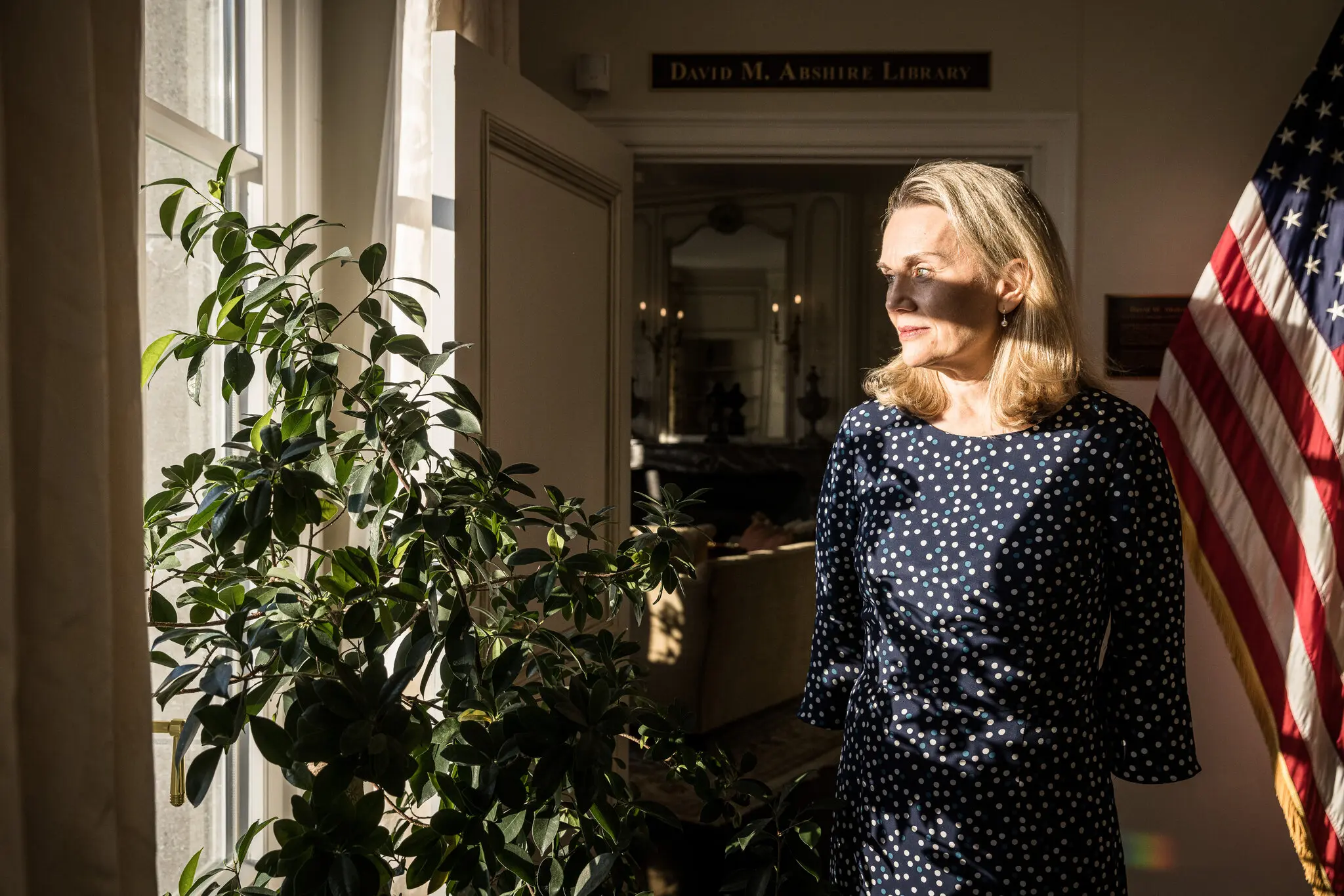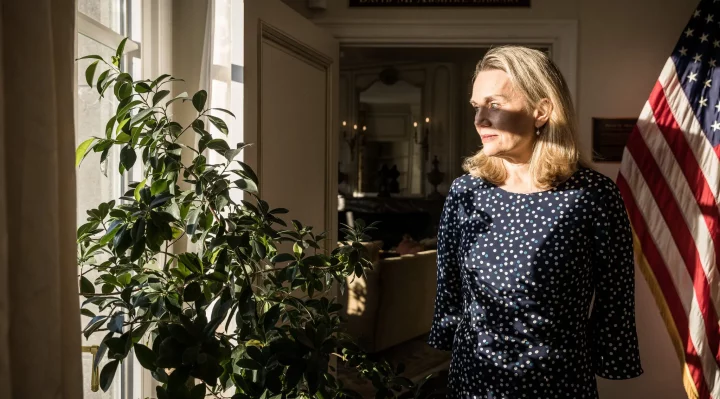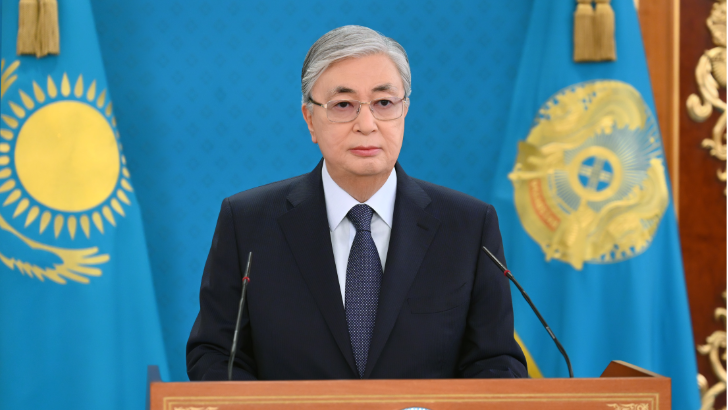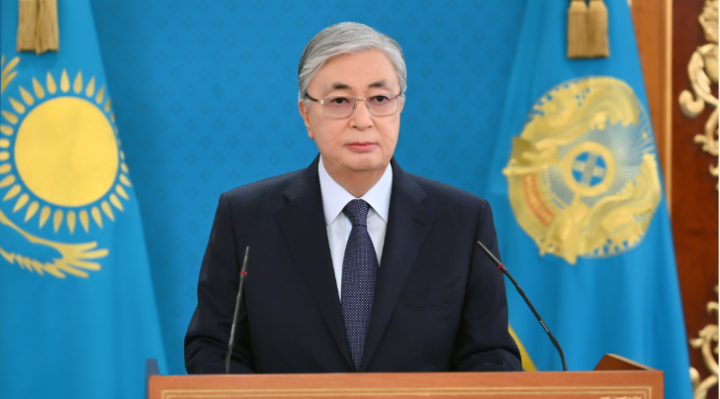Five soviet prisoners of war were executed at this spot just days before the liberation of Norway.
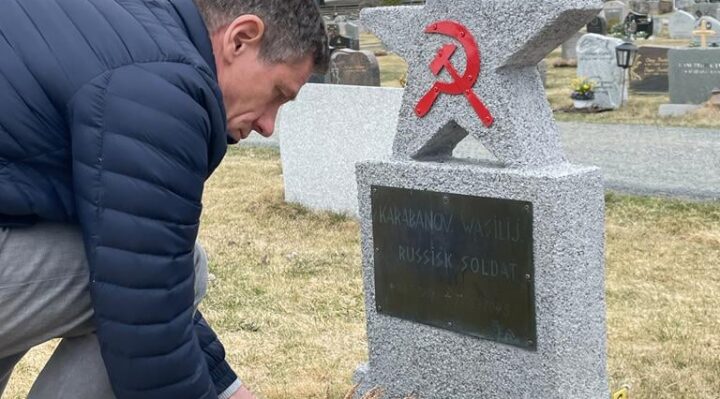
The Germans sent captured soldiers from the Eastern Front to Norway to use as slave labourers.
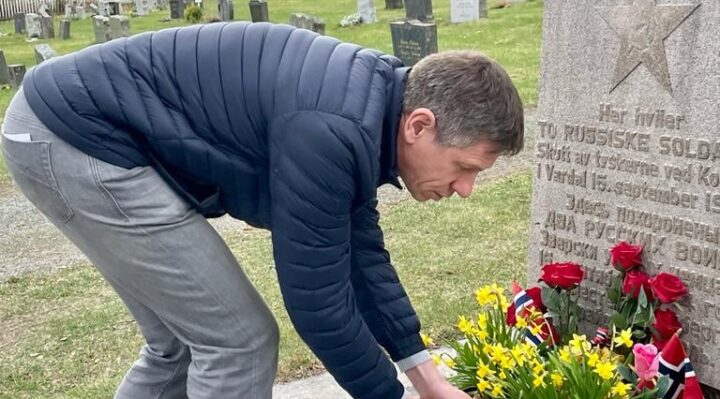
The Nazi invasion of the U.S.S.R came as a surprise to the Soviets, and as a result, several Red Army soldiers were captured in 1941.
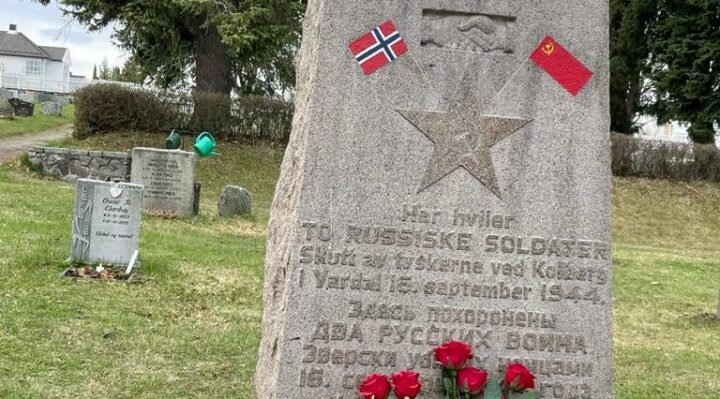
A significant number of these were sent to different parts of Axis-held territory to be used as labourers.
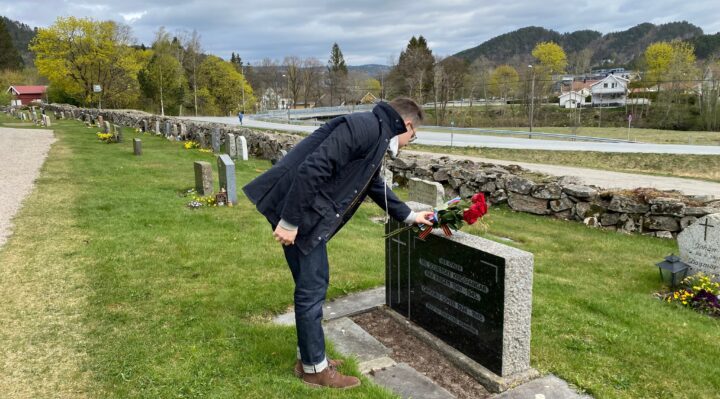
About 100,000 of these soldiers were sent to Norway, and around 2,000 to 3,000 soldiers ended up in Kristiansand.
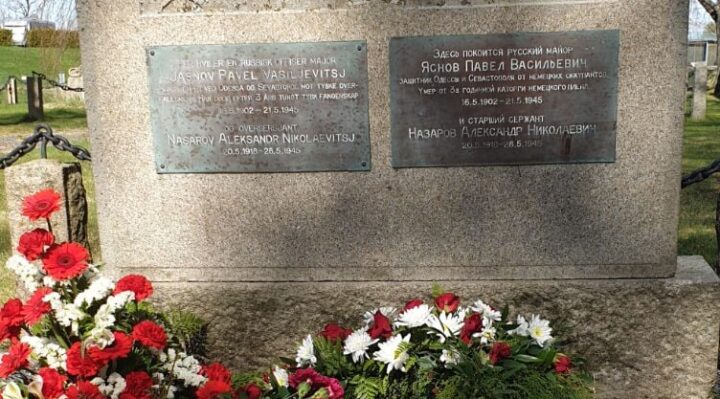
The prisoners were first ordered to dig their own graves, then told to strip naked. Finally, they were ordered to kneel down.
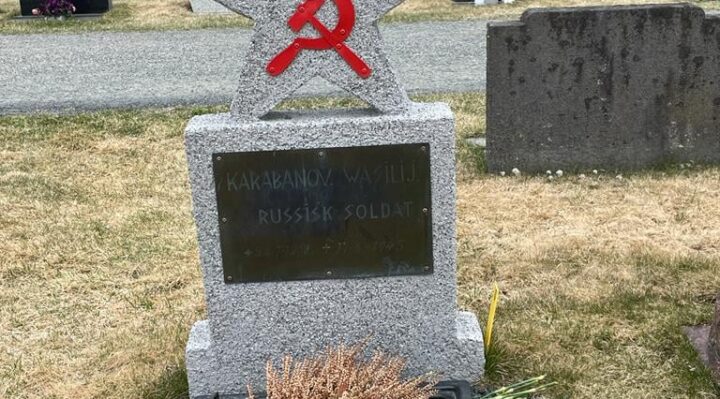
Remarkably, the soldiers ordered to carry out the execution by Glomb refused, saying they had not received orders from their camp commandant. Glomb, therefore, ended up doing it himself.
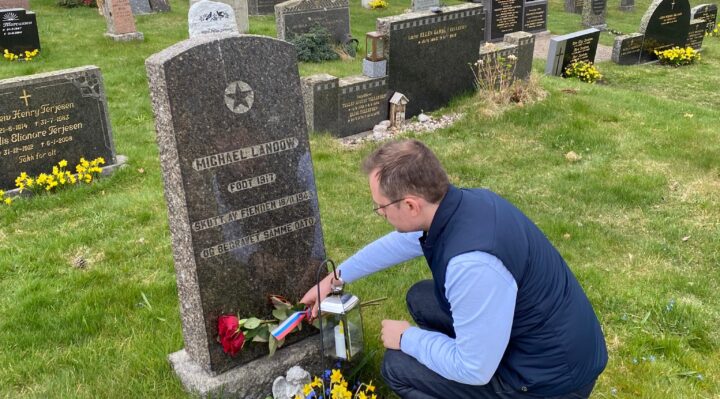
Of the roughly 100,000 Russian prisoners in Norway, about 15,000 never returned home. But the fact that the soldiers refused to fire, as well as the fact that the executions were carried out only days before the liberation of Norway, makes this a unique place.
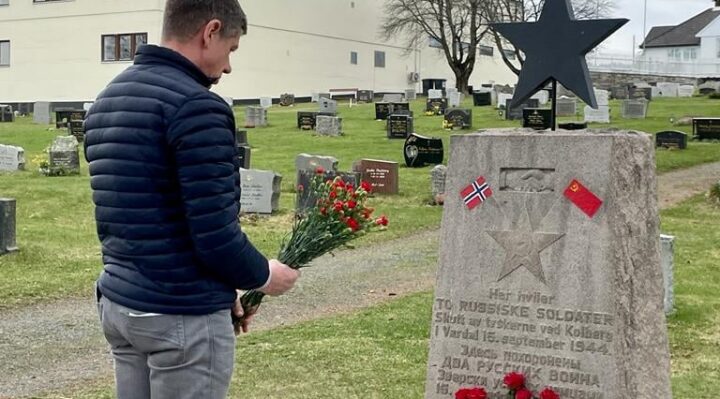
At the location of the former camp, there is a memorial plaque, as well as two Russian Orthodox crosses marking the graves of the prisoners who were killed.
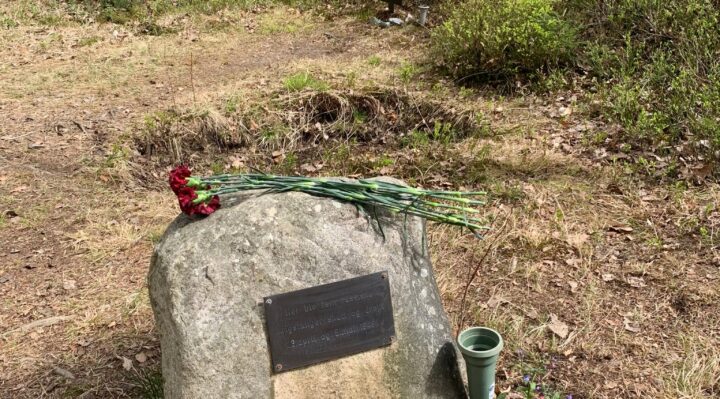
On May 3, the Russian Embassy employees laid flowers on the graves of Soviet Prisoners Major Pavel Yasnov and Senior Sergeant Alexander Nazarov in the space of the military burial in the city of Fredrikstad.
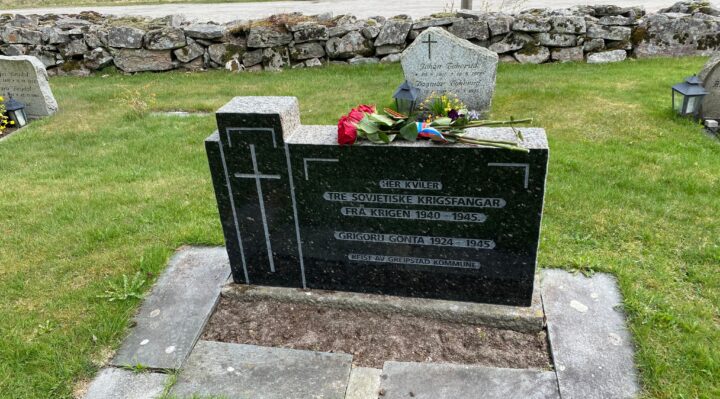
On May 3, the embassy ambassadors laid flowers down on the graves of Soviet war prisoners Major Pavel Jasnov and Senior Sergeant Aleksandr Nasarov at the military cemetery in Fredrikstad.
( Photos Russian Embassy in Norway Facebook )

